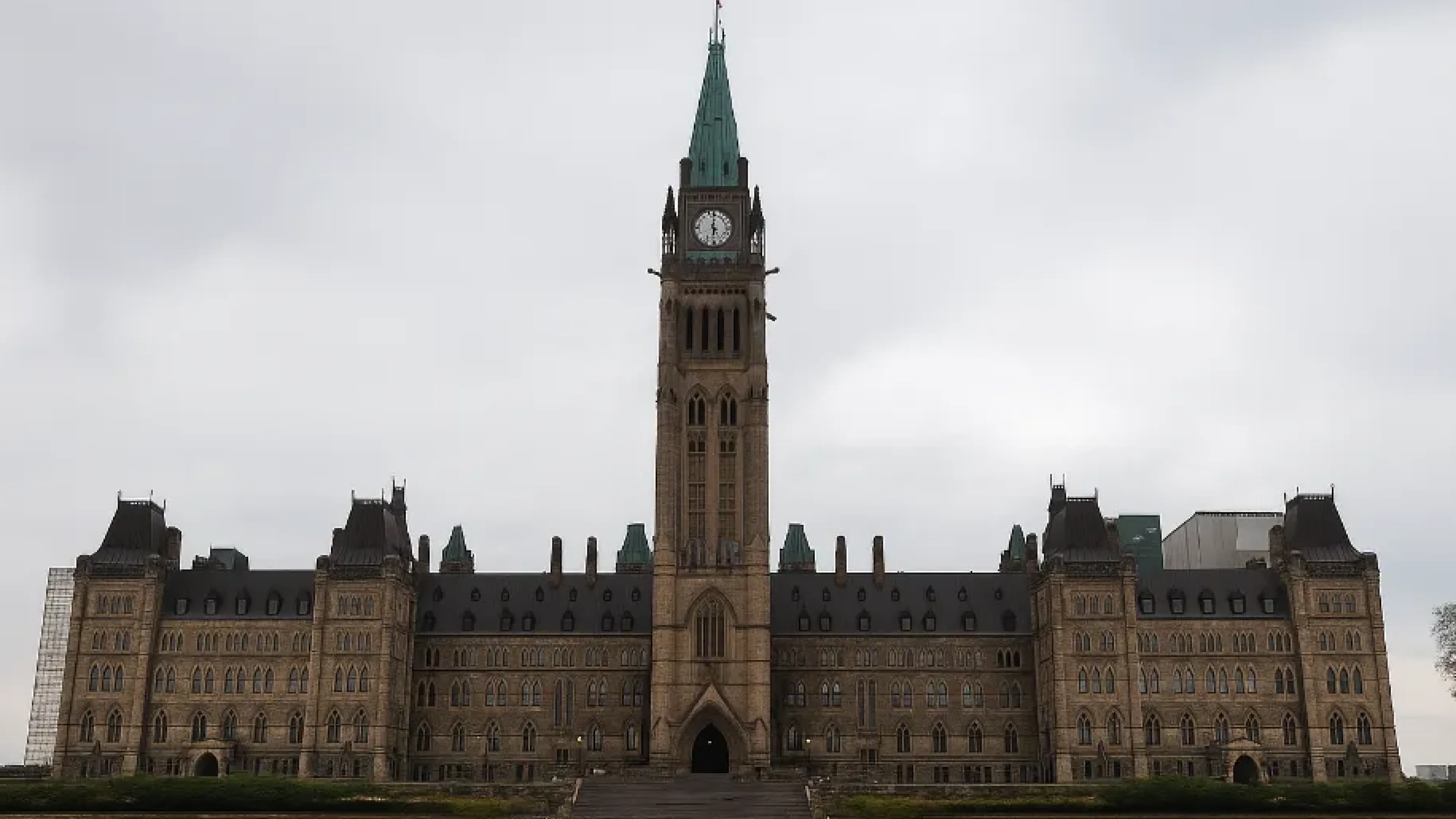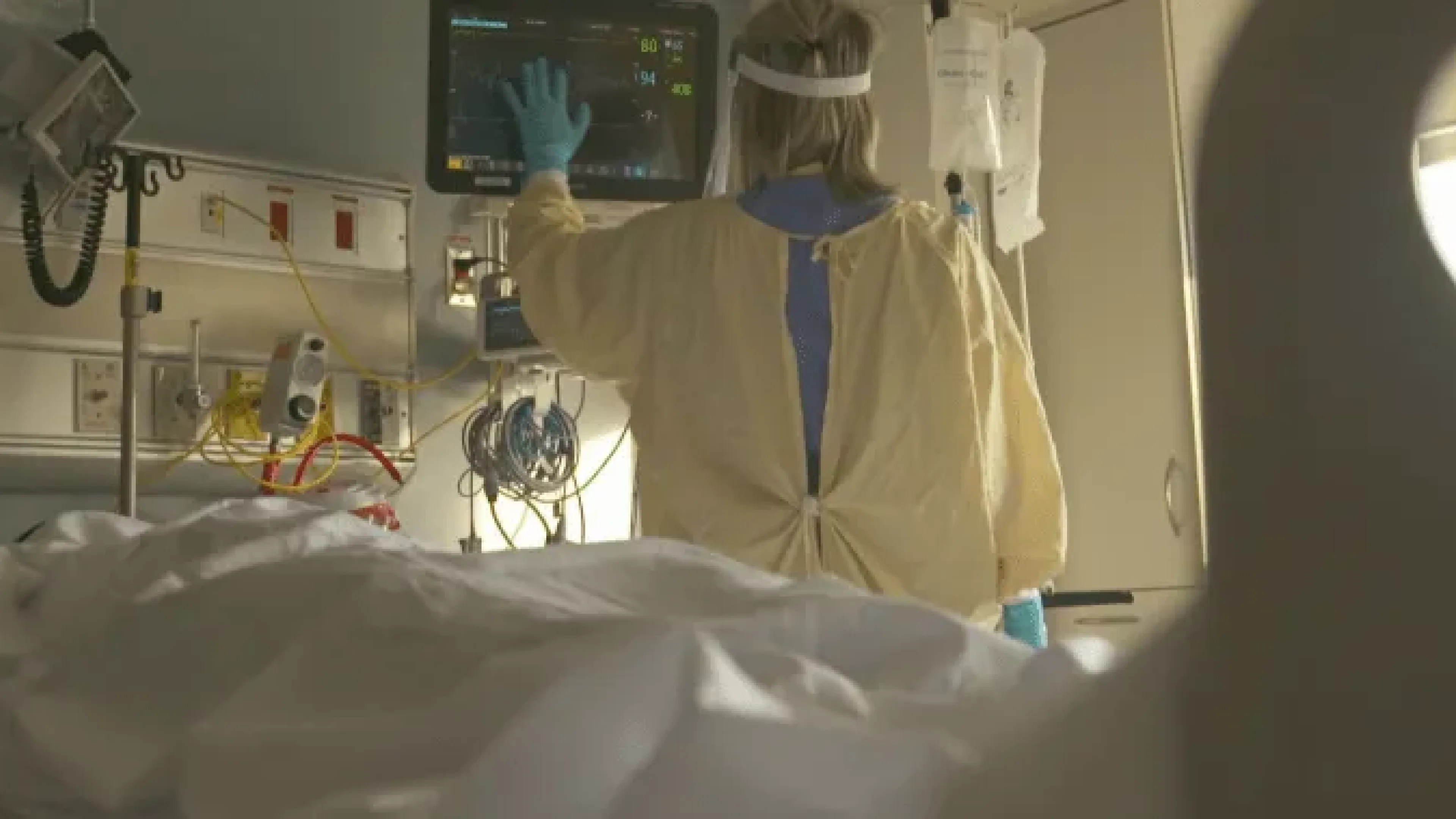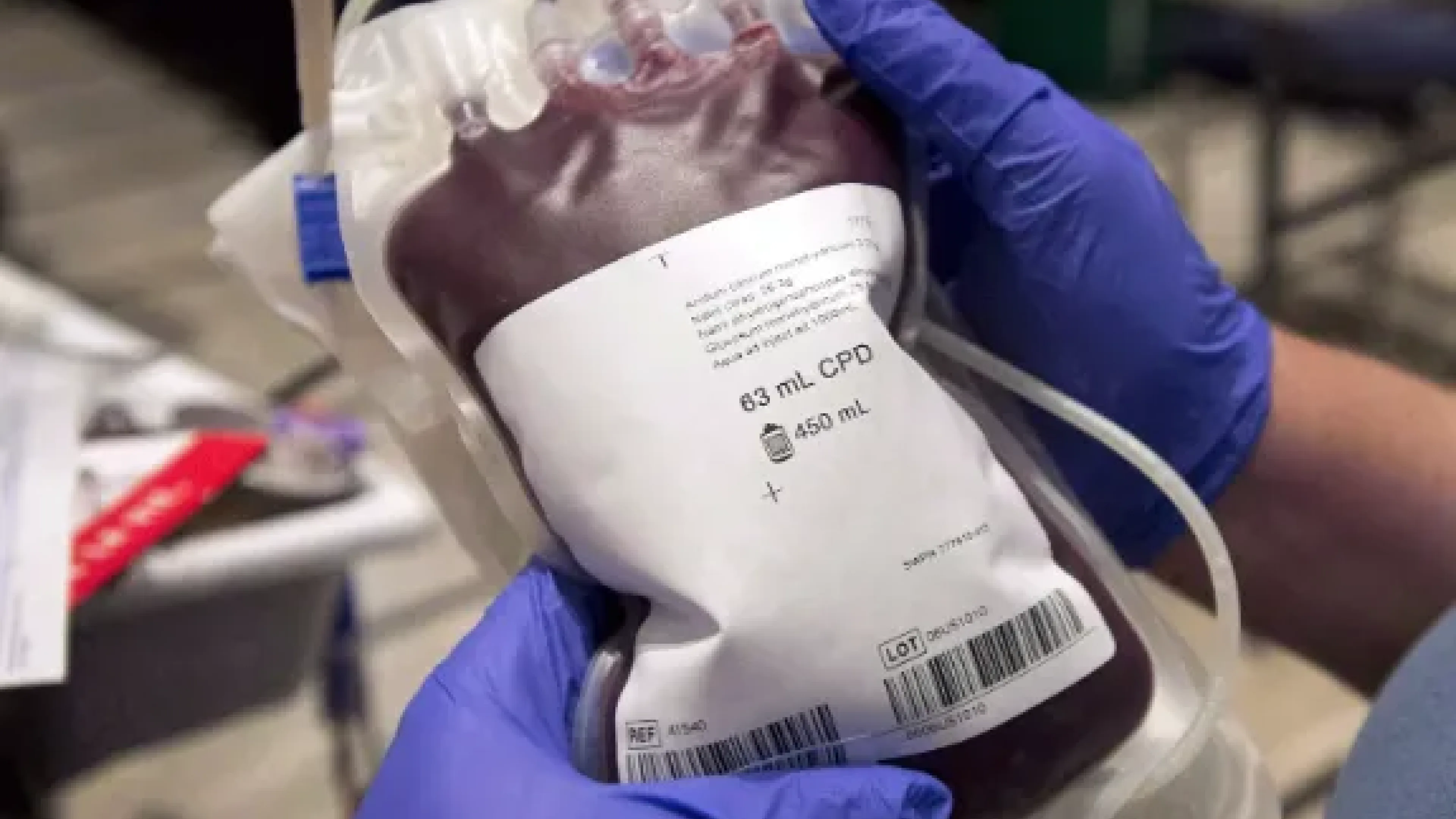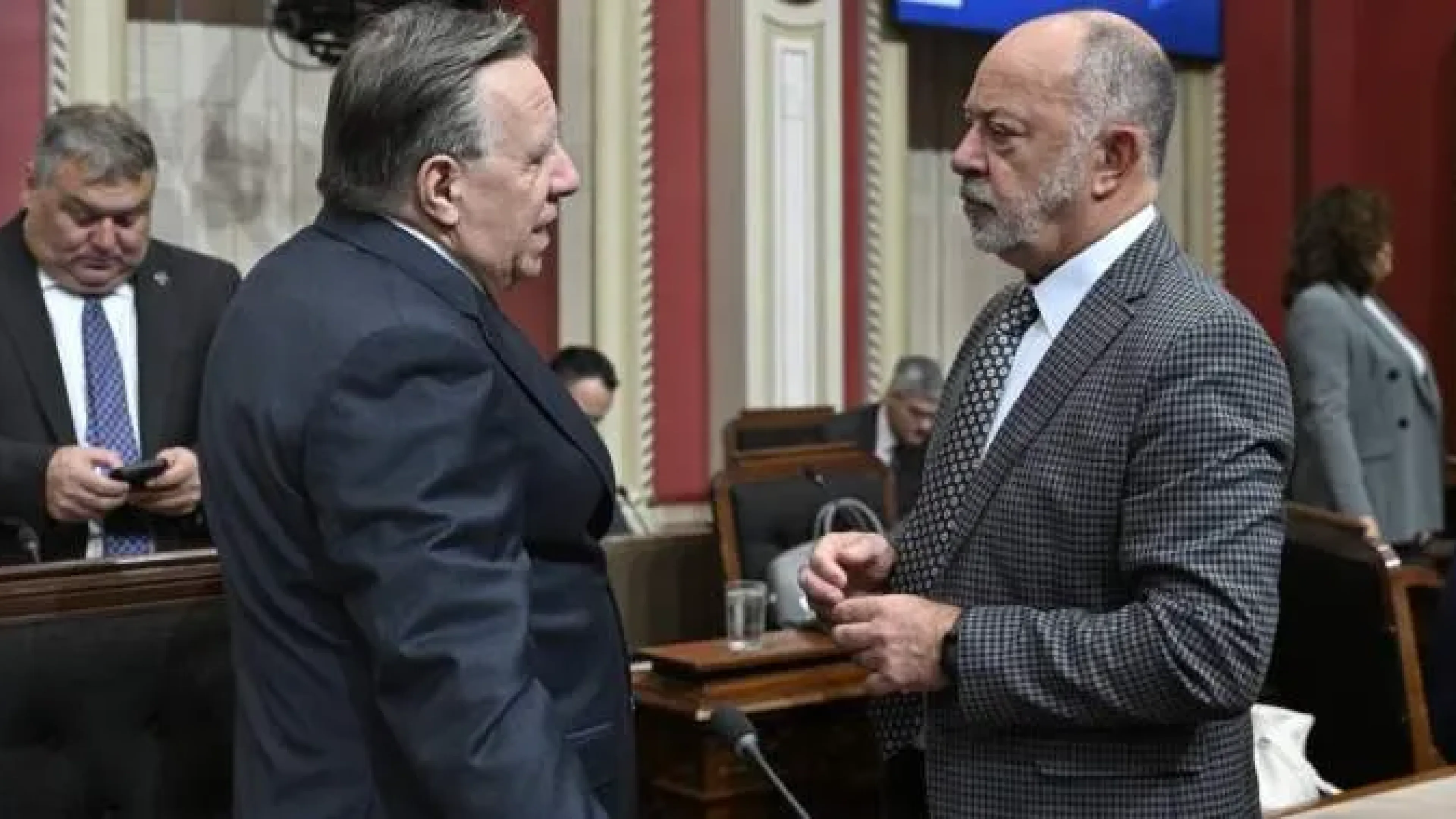You’re reading the web version of our email briefing on health policy, science and medical news. Sign up to get the next one.
The federal Health Minister said it’s “impossible” to release the $4B promised for health projects, and won’t fund new team-based care programs.
A policy-heavy week.

Canada’s health minister signaled the government won’t soon be following through on some of its campaign commitments.
Earlier this month, Health Minister Marjorie Michel told a CMA town hall that economic uncertainty makes it “impossible” — at least for now — to release $4 billion in national health funding promised by the Liberals during their reelection campaign.
Michel also ruled out any new federal program to support team-based primary care, calling it “provincial jurisdiction.”
Prime Minister Carney said Canadians should brace for “challenges” and “sacrifices” ahead of his government’s first budget to be tabled next week. The austerity messaging is landing uneasily in a system already stretched thin.
CMA president Dr. Margot Burnell says the cost of fiscal restraint on the health file is that “patients will not have increased access to primary care.”
Burnell told Canada Healthwatch that cutting health spending undermines the economic stability the prime minister wants to achieve. “A strong economy requires healthy Canadians,” she said. Economists have long echoed that link, noting that workforce participation and productivity do fall when population health erodes.
The government did not respond to specific questions on what would prompt it to release the promised $4 billion in health infrastructure funds, or when.
Spokesperson for the Health Minister Emmanuelle Ducharme replied by email that the government “is working collaboratively with provinces and territories to deliver results for Canadians,” and that the health system “can count on renewed collaboration between all levels of government to protect and improve the health of Canadians.”
At this month’s meeting of the country’s health ministers, several health-sector representatives noted a lack of specifics on long-promised reforms. Asked about national labour-mobility for doctors and nurses and team-based care, Michel told The Hill Times progress could come “maybe 2026.”

Two hospitals just lost large portions of medical staff.
Seven OB-GYNs resigned from Kamloops’ Royal Inland Hospital, and four psychiatrists left Vernon Jubilee Hospital, citing high workloads and lack of institutional support.
The province is on a recruiting spree, with several replacements already signed on to step in. But B.C.’s obstetricians’ group calls the province’s plan “short-sighted” and dependent on locums. Locums are temporary stand-ins — the substitute-teachers of doctors. They keep things running, but continuity of care suffers, especially in areas like maternity and psychiatry, where trust and good follow-up are integral.
Read more…

A federal program created after Canada’s 1980s tainted-blood scandal will be shut down next year. Experts say the decision weakens oversight over the national blood supply.
The Blood Safety Contribution Program (BSCP), established after thousands of Canadians caught HIV and Hepatitis-C from tainted transfusions, tracks and analyzes reports of transfusion errors and injuries across the country.
PHAC confirmed it will wind down the program in March 2026, saying newer checks and provincial systems make it redundant. But the Canadian Society for Transfusion Medicine and other groups disagree. They say few provinces actually have infrastructure to replace the program, and that the loss of a national database makes it harder to detect new risks.
Read more…

Premier François Legault’s sweeping reforms linking doctors’ pay to government-set performance metrics has triggered a full-scale revolt from the province’s doctors.
Under the new law, doctors who retire early, move out of province, or refuse to teach students as part of a coordinated protest face fines of up to $20,000 per day.
The rule applies to groups of three or more doctors and has been called “a ban on doctors resigning.”
The Fédération des médecins spécialistes du Québec (FMSQ) has filed for an emergency Superior Court hearing, calling parts of the law “clearly unconstitutional” and a violation of basic freedoms.
Since the bill was forced through last week, 70 Quebec doctors have registered to work in Ontario and 30 in New Brunswick. Ontario Premier Doug Ford joked that frustrated physicians should “call 1-800-DOUG-FORD,” which Legault called “unacceptable” and “a clear lack of judgment.”
The backlash reached cabinet itself when Social Services Minister Lionel Carmant resigned both his ministerial post and his CAQ party membership to sit as an independent. This came a day after his doctor-daughter published a letter warning that she and others will leave Quebec if the law isn’t repealed.
Unlike other controversial CAQ legislation, Bill 2 does not invoke the notwithstanding clause, leaving it open to direct constitutional challenge. The Superior Court will hear the FMSQ’s request for a temporary stay next week.
Read more…
That’s it for today.
A heavy week on the policy front, and a definite sense that winter is coming. As always, thank you for reading Canada Healthwatch.
Nick Tsergas, Editor
Canada Healthwatch
[email protected] | canadahealthwatch.ca
Stay informed.
On the most important developments in Canadian health.
Get Canada’s essential briefing on health policy, science, and system change. Get Briefing